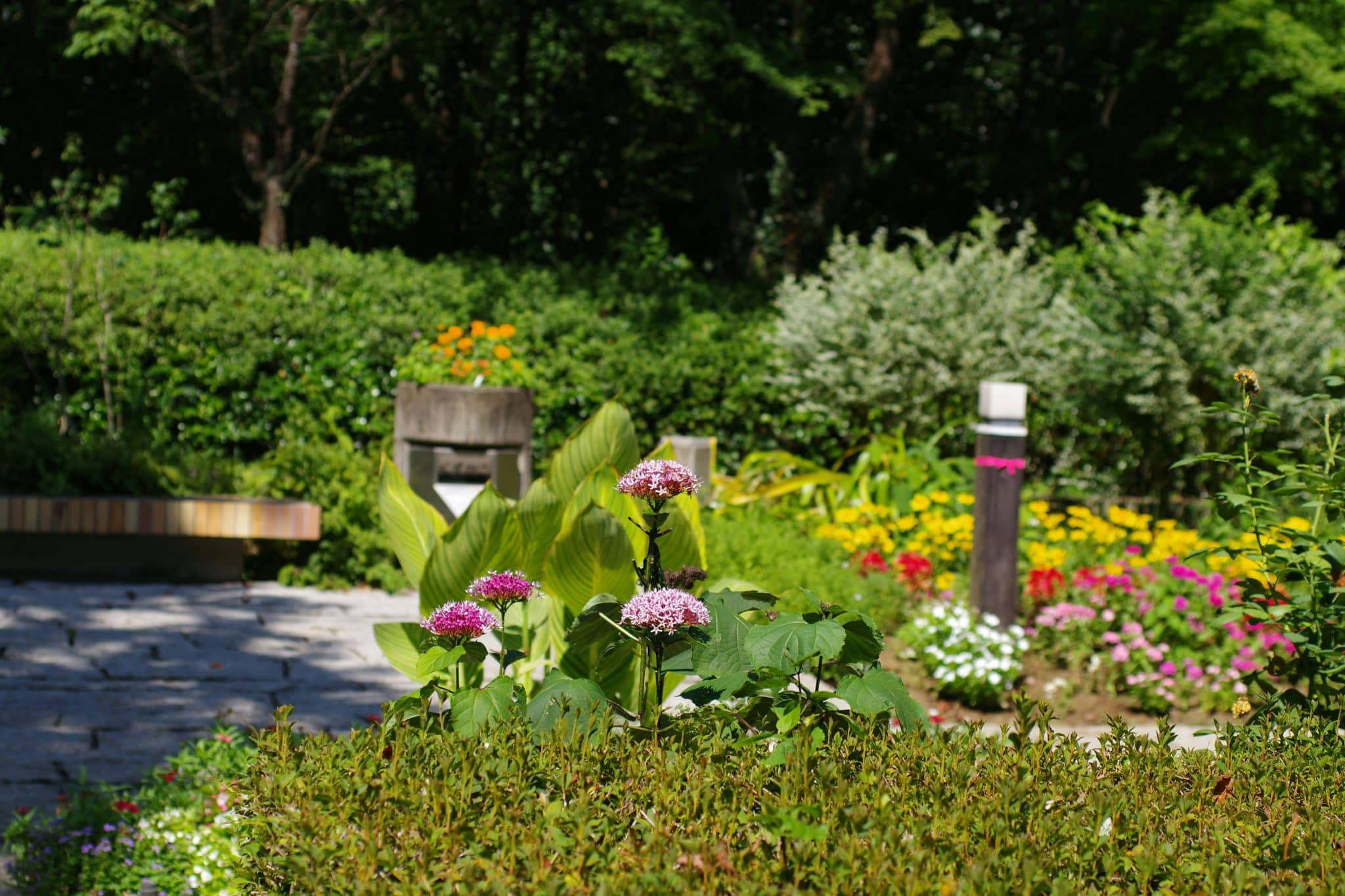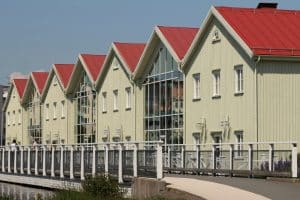Community Gardens in Residential Developments
In today’s fast-paced urban environment, it can be easy to become disconnected from nature and our local communities. However, a growing trend in residential developments is seeking to change that – the incorporation of community gardens. These green spaces provide a multitude of benefits, from promoting a healthier and more sustainable lifestyle to fostering a sense of togetherness among neighbors. In this article, we’ll dive into the concept of community gardens in residential developments and explore why they are becoming increasingly popular.
The Rise of Community Gardens in Residential Developments
Community gardens have been around for centuries, but it wasn’t until recent years that they started gaining popularity and becoming a part of residential developments. With the rise of the urban population, the need for green spaces and a sense of community has become more apparent. Community gardens provide a solution for both, making them an appealing aspect of modern residential developments.
Bringing Communities Together
In a world where people are becoming more and more dependent on technology for social interaction, community gardens offer a refreshing change. They provide a physical space where residents can come together, get to know each other, and work towards a common goal – cultivating a garden. By working side by side, residents can build relationships and form a sense of togetherness, creating a stronger and more connected community.
Promoting Health and Well-Being
Incorporating a community garden into a residential development not only benefits the community as a whole but also offers individual advantages. Gardening is a physical activity that can improve health and well-being. It allows residents to get outdoors, exercise, and connect with nature, which has been proven to reduce stress and improve mental health. Additionally, growing and harvesting fresh produce promotes a healthier diet and can save residents money on groceries.
The Benefits for the Environment
Aside from the social and personal benefits, community gardens in residential developments also have significant environmental advantages. By bringing green spaces to urban areas, they help mitigate the negative effects of urbanization, such as air and noise pollution. They also provide habitats for local plants and wildlife, increasing biodiversity and promoting a more sustainable ecosystem.
Encouraging Sustainable Practices
Community gardens often use sustainable gardening techniques, such as composting and rainwater harvesting, to reduce waste and conserve resources. This not only benefits the environment but also encourages residents to adopt more sustainable practices in their daily lives. As more people become invested in the garden and its well-being, they become more aware of their own impact on the environment and can make small changes to reduce it.
The Future of Community Gardens in Residential Developments
As the demand for community gardens increases, we can expect to see more of them incorporated into residential developments in the future. This trend is not only limited to urban areas; suburban and rural developments can also benefit from community gardens. With proper planning and support from developers, they have the potential to create thriving communities that are both socially and environmentally sustainable.
Challenges and Solutions
While community gardens bring many benefits, they also come with some challenges, such as maintenance and potential conflict over garden plots. These issues can be addressed by establishing clear rules and guidelines and involving residents in the planning and decision-making process. By doing so, residents will feel more invested in the garden and take responsibility for its upkeep.
How You Can Get Involved
If you’re living in a residential development with a community garden or looking to move into one, there are many ways you can get involved. Whether it’s volunteering to help maintain the garden or starting a gardening club, you can contribute to the success of the community garden and the community as a whole.
In conclusion, community gardens in residential developments offer numerous benefits for both individuals and the community as a whole. They bring people together, promote health and well-being, and benefit the environment. As this trend continues to grow, it’s exciting to see the positive impact that community gardens can have on our communities and the world.










